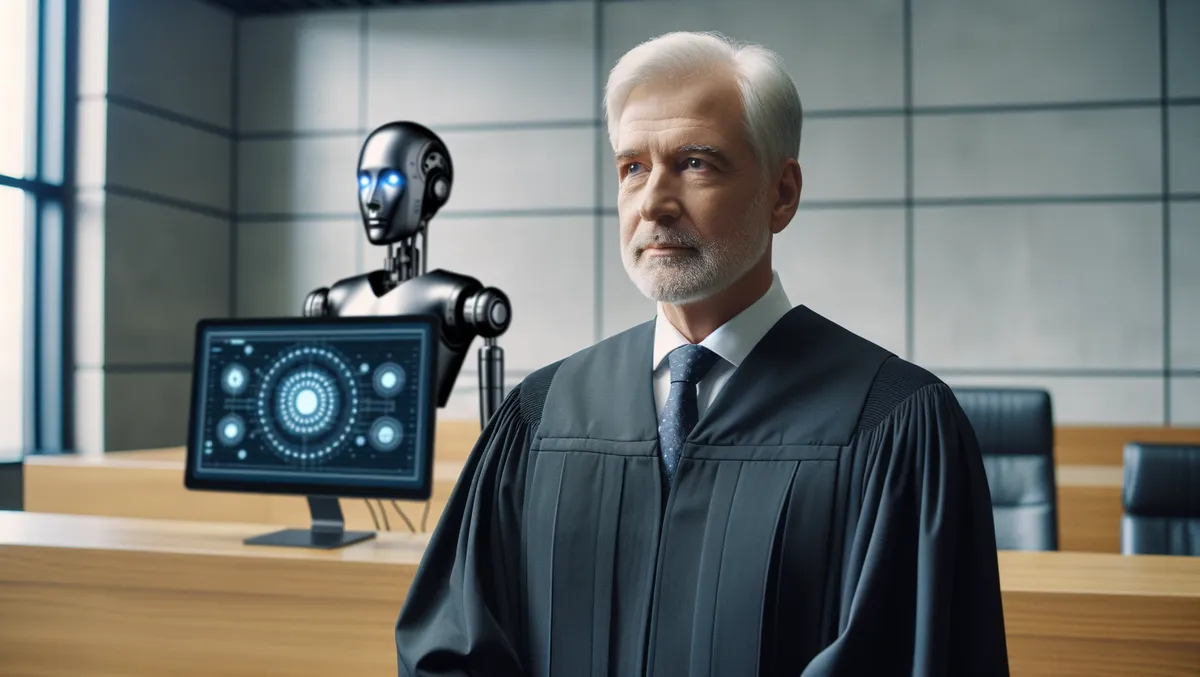Chief Justice of the US Supreme Court, John Roberts, has projected that artificial intelligence (AI) will have a significant influence on legal proceedings. However, he also stressed that the deployment of artificial intelligence tools by legal teams necessitates carefulness and modesty.
In his end-of-year report on the Supreme Court for 2023, released on the last day of the year, Chief Justice Roberts forecasted the considerable impact that AI will have on legal work, disputing the idea that the rise of AI might render judges obsolete. "I am sure we are not, but equally confident that technological changes will continue to transform our work", he stated.
The Chief Justice underscored that while human judges will be around for some considerable time yet, AI will nevertheless have a palpable effect on the field of jurisprudence. "[W]ith equal confidence I predict that judicial work, particularly at the trial level, will be significantly affected by AI," he said. These transformations will extend beyond just changing the ways judges operate, but will also reshape their comprehension of the role AI plays in the cases that are brought before them.
Heating the call for circumspection, Roberts accentuated the need for 'caution and humility' whenever AI is utilised. The Chief Justice went on to speak about 'AI hallucinations', a situation in which AI-generated responses skew true by presenting spurious or deceiving information as fact.
While emphasising the need for human presence and judgement in court scenarios, he declared his belief that judges can gauge the sincerity of a defendant's allocution during sentencing as a task yet unachievable by AI. "Nuance matters", Roberts noted. "Much can turn on a shaking hand, a quivering voice, a change of inflection, a bead of sweat, a moment's hesitation, a fleeting break in eye contact." He further pointed out that humans are generally more trusted than machines to perceive and make correct inferences from these subtle hints.
Chief Justice Roberts perceives AI's potential for enhancing access to justice, specifically its ability to assist those who cannot afford lawyers. AI is driving the creation of new tools that offer answers to basic questions such as where to locate form templates, how to complete them, and where to submit them, all without having to leave home.
He believes these tools have the potential to rectify any discrepancies between the resources available and the urgent needs within the court system. "These tools have the welcome potential to smooth out any mismatch between available resources and urgent needs in our court system," Roberts commented.



